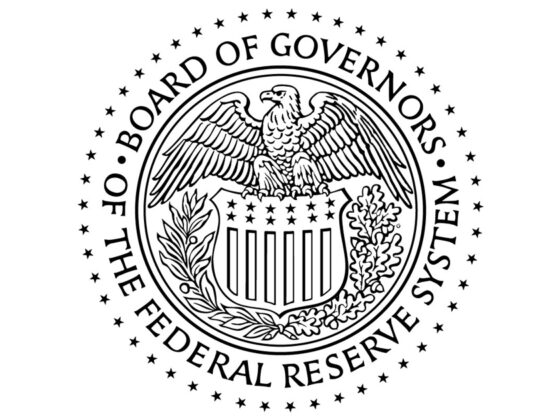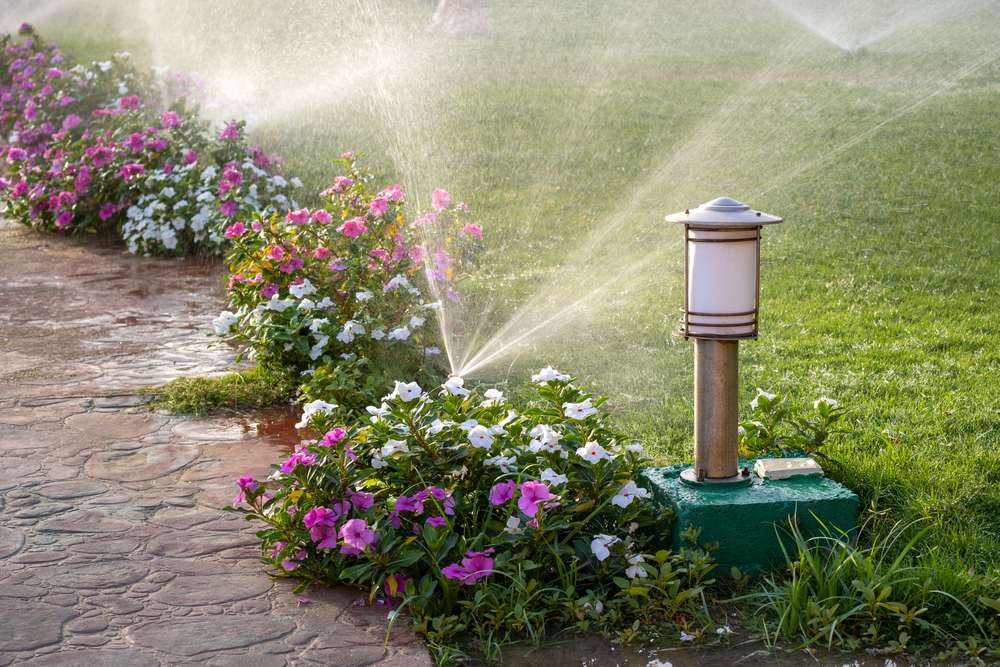Whether they live across the street or the hall, your neighbors have a significant impact on your quality of life.
According to a new survey by Anytime Estimate, the relationships we have with our neighbors can affect everything from our mental well-being to our property values. The neighborhood’s sense of community is also a critical factor to consider when buying or renting a home.
Perhaps unsurprisingly, older and younger Americans differ in their views of their neighbors. These generational divides manifest in various ways, but many of the differences stem from cultural aspects.
“Boomers were part of an era where neighbors were considered an important source of safety, social belonging, and childcare assistance,” said Jessica Plonchak, a licensed clinical social worker and executive clinical director at ChoicePoint Health. “On the contrary, today’s era is more connected digitally and less connected to neighbors.”
Younger generations may place less value on having a good relationship with their neighbors now, but that could change — as we age, our needs and priorities shift. In the present, however, positive ties to the people living closest to us can build trust, safety, and a sense of belonging.
Sharp Divide in How Politics Affects Neighbor Relations
The most profound difference uncovered in the survey is a stark reminder of just how dissimilar older and younger people are: 73% of Gen Zers (those born between 1997 and 2012) would use an artificial intelligence (AI) tool to predict how compatible they’ll be with their neighbors before moving. Only 25% of baby boomers, born between 1946 and 1964, would do so.
Young adults’ reliance on technology to find people like them aligns with their well-known tendency for conflict avoidance. It also makes sense when you consider that 42% of Gen Z have lied to a neighbor to avoid socializing, compared to just 17% of boomers.
The deeply divided political environment is also affecting how friendly Gen Z is with their neighbors. For instance, 44% of young adults hide their political views from their neighbors because they fear how they’ll be treated. Only 19% of older Americans report doing this.
Similarly, 38% of Gen Zers have avoided interacting with a neighbor because of their political views, versus 11% of boomers.
“This indirectly depicts broader cultural norms revolving around identity and safety,” Plonchak said. “Some people like to avoid conflict, so they hold back, while others feel judged since political identity has become very close to personal identity in the United States.”
There’s plenty of evidence to suggest that living near people from an opposing political party can reduce hostility to that party and reduce prejudice. As younger Americans continue to integrate further into society, they may begin to lean into more casual interactions that alleviate their worries and prove stereotypes or assumptions wrong.
Relationships Based on Perception vs. Reality
Older and younger adults also feel differently about how they get along with their neighbors. Boomers feel most positively, with 71% calling their relationships “friendly.” About 22% describe their neighborly relationships as “neutral,” and only 6% consider them hostile.
By contrast, just about half of Gen Z (49%) say they have a friendly relationship with neighbors. Around 37% call it neutral, and 13% say it’s distant or hostile.
One possible reason for the differences is that 40% of Gen Zers report living in a judgmental neighborhood, and 38% believe their neighbors discriminate against people who are different from them. Just 13% and 15% of boomers agree, respectively. However, it’s essential to ask how much of this is rooted in reality versus perception or a mix of both.
“Social media has turned expectations for instant belonging and affirmation, and when those cues are not reflected in face-to-face interactions, it feels like rejection,” Plonchak said.
At the same time, she added, some neighborhoods struggle with generational division, which can make it difficult for young adults to feel accepted. In a 2024 study by Nextdoor and The Harris Poll, 30% of Gen Z respondents said they don’t know anyone or have any friends in their neighborhood.
Plonchak said focusing on observable behaviors, rather than assumptions, can help address this problem. She suggests paying attention to the neighbors who are actually reaching out and offering help — and not assuming the worst of those who aren’t.
Bad Neighbors = Lower Property Values?
The views each generation holds toward its neighbors may stem from differences in how they perceive the housing market in general. Boomers, for example, tend to develop long-term attachments to their neighborhoods, which naturally increases their connections with their neighbors.
Young adults are more mobile, noted Emma Alves, a senior lawyer at Alves Law in Toronto who specializes in family law and real estate. She said Gen Zers typically rent for one or two years before moving on, which discourages them from investing their energy into local relationships.
“People are also less inclined to go to their neighbor and visit community events in case they anticipate a relocation in the near future,” she said.
While the relationships between a neighborhood’s residents may not be the first thing homebuyers consider, they can speak volumes about an area. Cliff Auerswald, president of All Reverse Mortgage, said that vibrant and cohesive neighborhood communities often experience less turnover and fewer distressed sales, which helps sustain property values over time.
By contrast, strained relationships between neighbors, neglected properties and shared spaces, and other signs of community dysfunction can scare off potential buyers and lower selling prices.
“Strong community bonds often lead to better-maintained homes and common areas, which increase curb appeal and attract buyers,” Auerswald said. “A well-integrated, low-conflict neighborhood typically denotes enduring worth, while visible discord can be a warning sign.”
Why Being Neighborly Matters
Experts say the social fabric of a community is critical for several reasons, regardless of which generation you belong to. A vast majority of boomers (88%) say good neighbors are just as important as a home’s price or location because they know a warm community improves both stability and quality of life.
This aligns with what most real estate agents know to be true: the quality of the neighborhood matters. In fact, recent home buyers cited neighborhood quality as their top factor when choosing a home, according to the National Association of Realtors (NAR).
Young generations are focused more on affordability than on neighborhood culture. Still, 70% of Gen Zers agree that good neighbors are the top priority, and 53% said that knowing their neighbors well will make them more likely to stay in their homes.
Plonchak said being a good neighbor often doesn’t require grand gestures. Instead, she points to small acts of kindness, such as sharing resources, watching out for one another, and even just saying hello. Through these simple steps, neighborhood residents can enhance their mental well-being, foster stronger communities, and increase their property values.
“People are more likely to progress when they live in a supportive environment, and neighborly relationships are a crucial part of that foundation,” she said.













